Lab Political Communication and Innovative Methods
The Lab “Political Communication and Innovative Methods” uses computer-based, process-accompanying and experimental research methods to investigate how visual and multimodal media messages affect political thought and action:
-
- How is political information in digitalised publics prepared and offered in images and text?
- How are they perceived and processed by citizens?
- How does multimodal media content influence the formation of political will in digital society?
- What effects do they have on political action?
With the Lab, we want to contribute to a better understanding of the role of multimodal media communication in the process of political decision-making – to better understand how it influences us and our democratic society. To this end, our research starts with the immediate sensory perception of political information, focuses on affective and cognitive media effects and asks about their consequences for political decision-making and political action. Because the conditions for conveying information in digitalised and mediatized public spheres are changing drastically, and political content is increasingly being presented multimodally, we pay particular attention to the interaction of visual and textual information.
Innovative methods such as eye tracking, automated emotion detection or automated image content analysis are key to analysing the complex interrelationships. In accordance with this duality of content-related and methodological cognitive interest, we in the Lab not only aim at the future-oriented application of innovative methods to content-related questions in the areas of democratic will formation, political communication, visuality and multimodality. Another overarching goal is to make innovative process-measuring and data-intensive computational methods usable for communication science, to combine them in a goal-oriented way with established methods of empirical communication research and to further develop them in application to questions in communication science.
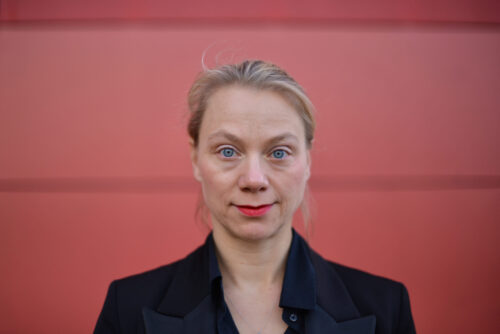
ZeMKI Member Prof. Dr. Stephanie Geise presents at the SMSociety Conference in London on July 17th
23. July 2024

Generative Images - Generative Imageries: Challenges of Visual Communication (Research) in the Age of AI
- Datum: 20. November 2024 – 22. November 2024
- Location: ZeMKI
26. June 2024
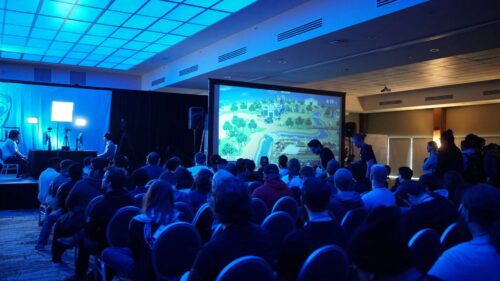
ZeMKI goes ICA
7. June 2024
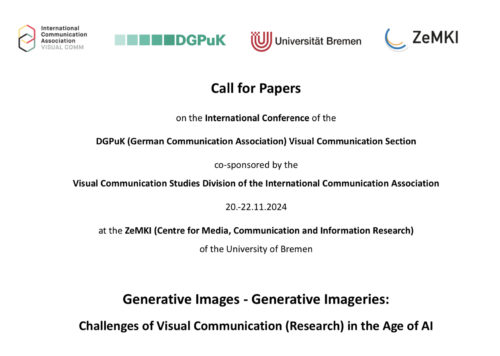
Call for Papers: International Conference of the DGPuK Visual Communication Section on „Generative Images – Generative Imageries: Challenges of Visual Communication (Research) in the Age of AI“
The Call for Papers for the 2024 International Conference of the DGPuK (German Communication Association) Visual Communication Section on “Generative Images – Generative Imageries: Challenges of Visual Communication (Research) in the Age of AI” was recently published. The conference will take place from November 20-22, 2024 at the University of Bremen and is supported by (…)
24. April 2024
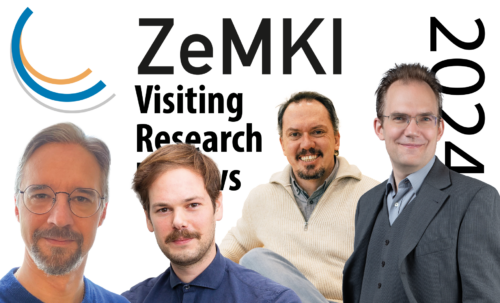
ZeMKI Visiting Research Fellows 2024
This year, the ZeMKI welcomes a total of four Visiting Research Fellows as part of its Visiting Researcher Program. From over 85 applications, the steering committee of the Center for Media, Communication and Information Research at the University of Bremen selected five researchers who will work together with two ZeMKI labs in interdisciplinary research for (…)
12. April 2024
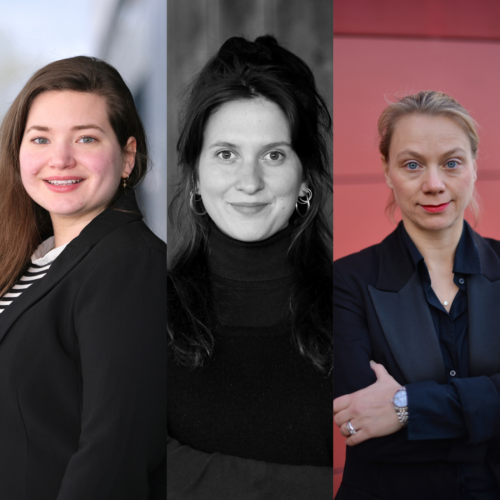
The Political Communication and Innovative Methods Lab at the DGPuK
13. March 2024
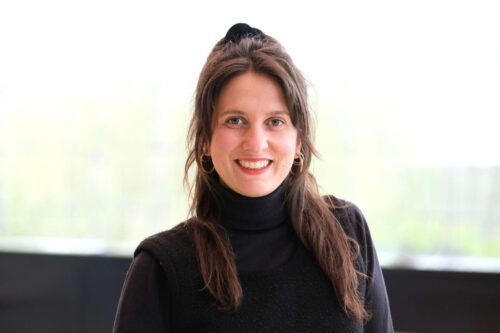
ZeMKI member Nieki Samar presents the latest research findings on "Creative Participation" in Bern
8. March 2024
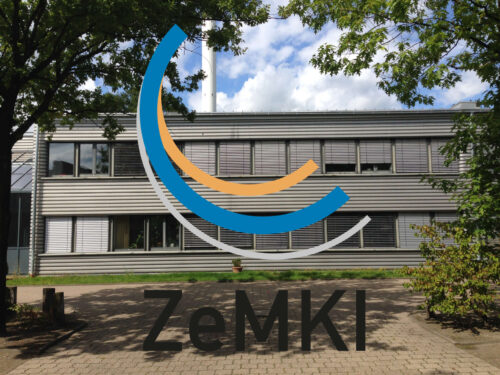
Open Call for ZeMKI Visiting Research Fellows, 2024
8. February 2024



